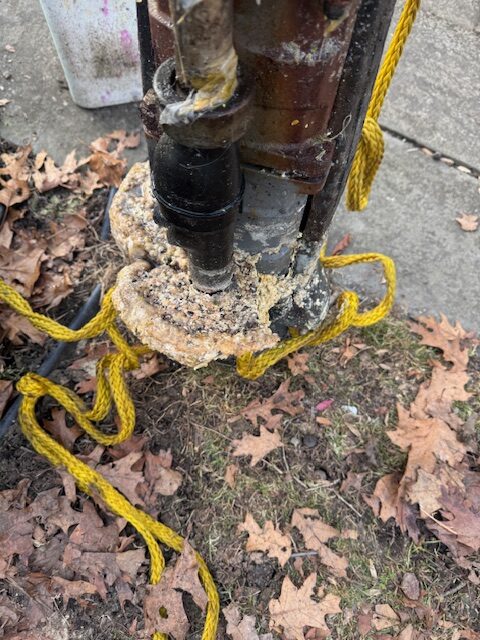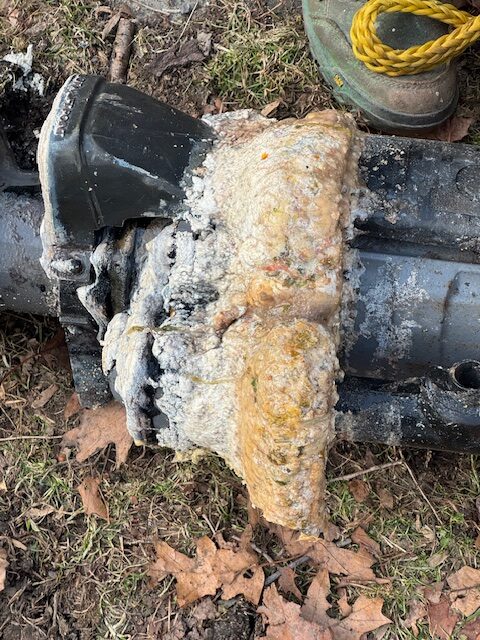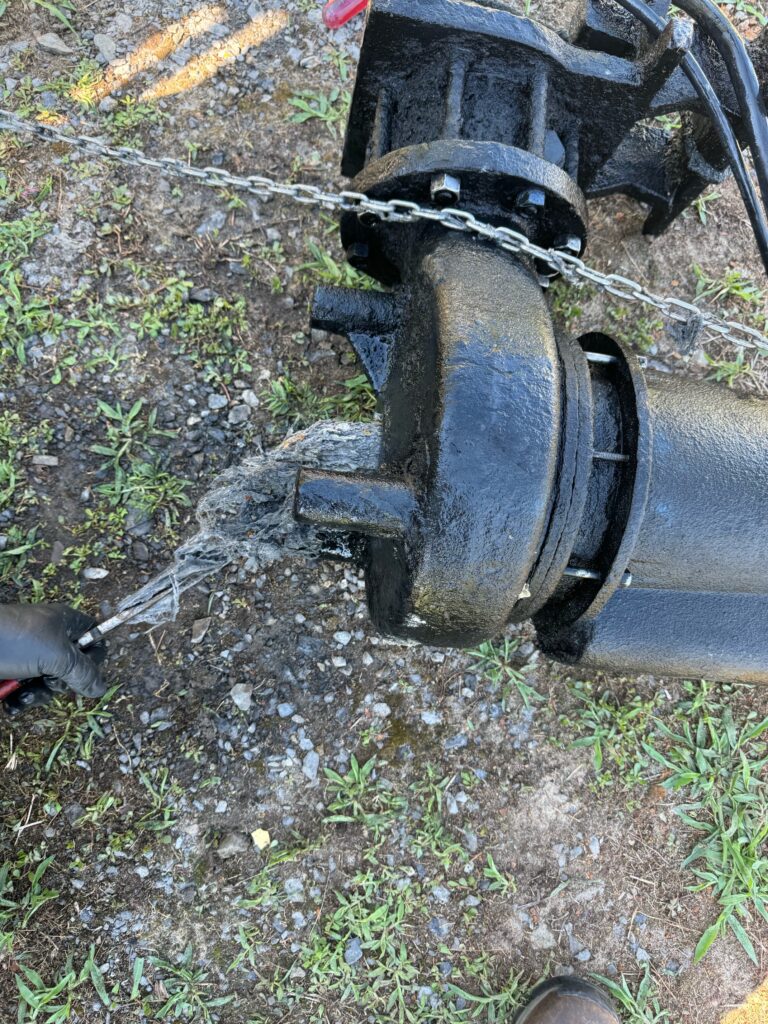GREASE: When you pour grease down the drain, it sticks to the inside of your pipes and the pipes in the street. This can cause the entire pipe to become clogged over time. Other oil-based products are also dangerous to pour down your drain, such as cooking oil, salad dressings, butter, mayonnaise and fat. If needed, make sure you let the grease cool first and then dispose of it in the trash instead.


EGGSHELLS: You may think that a crushed-up eggshell will go down the drain smoothly, but it is causing blockage. The sharp, hard edges of the shell will collect other things coming down your drain and will eventually cause a clog.
FLOUR: Flour coagulates when mixed with water. This can clog your pipes by coating the edges and catching other bits of disposables trying to make their way down. Always throw your flour, whether mixed with water or not, in the garbage.
MEDICATION: If you flush your unused or expired medication or crush it up and pour it down the drain, those chemicals will leak back into our drinking water and the environment. Always make sure to dispose of unwanted medication at your local pharmacy, which will have access to medical waste disposal units.
PRODUCE STICKERS: Many times, people wash their fruit and vegetables and forget to take the stickers off, it then falls into the sink and eventually flush down the drain. Peel them off before you wash your fruit and vegetables and dispose of them properly. Those little stickers don’t dissolve in water and can clog your pipes and block screen filters or pumps at the wastewater treatment plant.
COFFEE GROUNDS: Coffee grounds build up in your pipes and cause blockage. Plumbers say they are the most common cause of drain problems. You should always deposit coffee grounds in your trash can or use them for composting.
EXPANDABLE FOOD: Pasta and rice will expand when mixed with water and can lead to a block. Also, pasta is made with flour, which will become sticky and catch on other things in your pipes.
PAINT: Like cleaning products, paint should never be poured down the drain even though it’s a liquid. It has the potential to pollute the environment and cause your drain to clog.
Dental Floss or Floss Picks: Floss can catch and hold onto debris, such as hair, wipes, and toilet paper, forming balls that can clog pipes, sewers, and pumps. These balls can also combine with other elements in the sewer system, like grease or tree debris, and create huge problems. Floss picks are made of plastic and do not break down. Please dispose of these items only in a trashcan.
PRODUCTS CLAIMING TO BE “FLUSHABLE”: Products claiming to be “Flushable” such as certain brands of cat litter and wipes still create a high risk of clogged drains. Cat litter is still highly absorbent after you flush it and toxins from cat feces may leak into the water ways and harm freshwater animals. Flushable wipes also don’t break down properly and often get caught on other things creating large clogs in pipes.
“Flushable” Wipes: Plumbers never recommend flushing these wipes down the toilet because they simply do not disintegrate quickly enough to pass easily through the plumbing system. Toilet paper is designed to disintegrate in our pipes and sewage systems, but flushable wipes are not flushable. They’re typically made with synthetic materials, plastics or polyester, that won’t break down. So even if they flush down your toilet, they end up clogging our sewers.



PLEASE NOTE: The sewage treatment plant is not designed to treat any fats, oil, and greases. These materials can interfere with the operation of the treatment plant, increase treatment costs, and pass through the treatment plant and pollute the receiving stream. Also, DO NOT connect sump pumps to the sanitary sewer system. If you have a sump pump in your basement, make sure it is not connected to the sanitary sewer system. The Smithfield Sewer Authority has a permit from Pennsylvania DEP for collection, treatment and discharge of treated sanitary wastewater. This permit specifically prohibits collection of clear water or non-sanitary wastewater, such as sump pump discharge or rainwater, and requires the Authority to eliminate clear water from the sanitary sewer system. Clear water reduces collection and treatment capacity available for sanitary waste and reduces overall treatment levels, negatively affecting our environment.
THANK YOU FOR YOUR CONTINUED DILIGENCE AND COOPERATION – Smithfield Sewer Authority